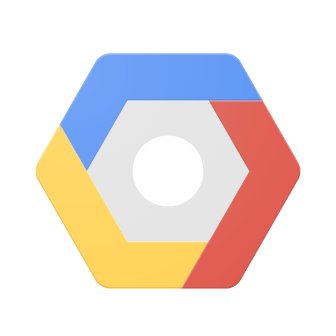Kindred Capital has closed its second seed fund at £81 million.
Through its Equitable Venture strategy, the firm gives seed-stage entrepreneurs co-ownership in the fund that invested in their businesses.
Since its launch in 2015, the firm has now invested in 39 technology companies across Europe and Israel, with 10 of those investments coming from the second fund. Kindred has been investing from the second fund over the last 12 months.
In Fund I, Kindred projects that around £5 million will be returned to founders, which would otherwise have gone to general partners of Kindred.
Through its Equitable Venture programme, Kindred Capital shares its carry money with the founders in which the fund invests. The idea is that this encourages a collective model, in which founders actively help each other achieve their goals.
The company stated that this has also had a positive impact on deal flow, with entrepreneurs sourcing 38 per cent of Kindred’s deal flow at the top of the funnel. It also means that 54 per cent of the Fund I portfolio have raised Series A funding within three years. On average, only 19 per cent of startups that raise seed funding go on to raise Series A within that timeframe, according to data from Dealroom.
Fund I made 29 investments across Europe, including Five, the firm building much of the software layer for autonomous vehicles; Paddle, which revolutionises how hundreds of software firms sell their products; Pollen, the peer-to-peer marketplace for experiences and travel; LabGenius, the company using machine learning to discover new protein therapeutics; and Flagstone, the cash deposit platform.
Kindred has already begun investing from the second fund, leading 10 seed investments in companies such as BotsAndUs, Gravity Sketch and Beit.
The partners include Leila Zegna, who spent 15 years as an angel investor and was part of the founding team of Silicon Valley based GenapSys, raising $50 million for the genomics firm and building out a team of 70 staff.
Mark Evans has a 20-year history of early stage investing, including companies such as Natural Motion, MySQL, Headspace, The Hut Group, Yoox and Gousto. Angel investor Russell Buckley was part of the founding team of AdMob, which sold to Google for $750 million in 2010.
And Chrys Chrysanthou was previously a very early employee with Amazon Web Services in EMEA, as well as being behind the venture capital at Accel and Notion.
Zegna commented: "We originally entered the UK seed stage ecosystem with ambitious goals, to invest in around thirty high quality UK technology companies per fund, and to introduce Equitable Venture as a totally new way of practicing our craft.
"We are proud of progress that has been made. Of the companies we’ve invested in, 70 per cent have raised additional capital, with many raising at considerably higher valuations from excellent investors, including Index, Balderton, Northzone, Obvious, Lux, Notion, Highland and 83North."
The new fund was oversubscribed, with limited partners including University of Chicago, Industry Ventures, Generation Ventures, Sands Capital, British Patient Capital, Isomer and Legal & General.
Latest News
-
Reddit ‘challenges Australia’s under 16s ban’ with lawsuit
-
BBVA expands ChatGPT to 120,000 employees
-
BIS and Central banks test post-quantum cryptography in payments
-
UK government launches new MedTech qualifications to fight skills gap
-
UK scientists get priority access to advanced AI through Google DeepMind lab
-
Uber Eats rolls out robot couriers in Leeds
The future-ready CFO: Driving strategic growth and innovation
This National Technology News webinar sponsored by Sage will explore how CFOs can leverage their unique blend of financial acumen, technological savvy, and strategic mindset to foster cross-functional collaboration and shape overall company direction. Attendees will gain insights into breaking down operational silos, aligning goals across departments like IT, operations, HR, and marketing, and utilising technology to enable real-time data sharing and visibility.
The corporate roadmap to payment excellence: Keeping pace with emerging trends to maximise growth opportunities
In today's rapidly evolving finance and accounting landscape, one of the biggest challenges organisations face is attracting and retaining top talent. As automation and AI revolutionise the profession, finance teams require new skillsets centred on analysis, collaboration, and strategic thinking to drive sustainable competitive advantage.
© 2019 Perspective Publishing Privacy & Cookies











Recent Stories